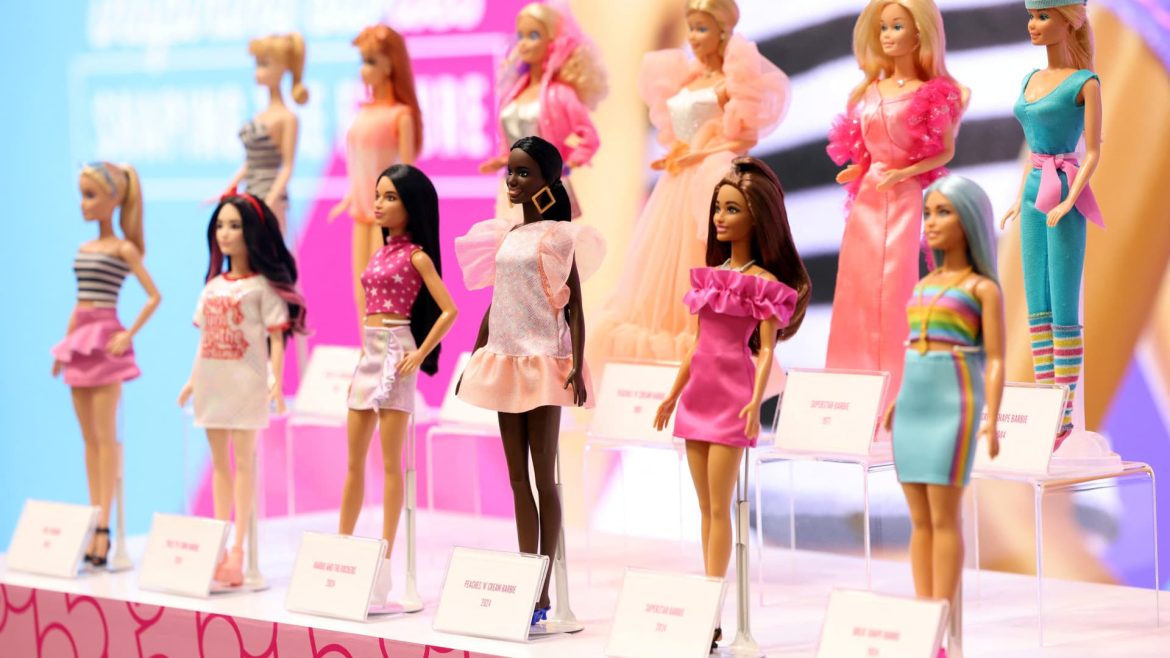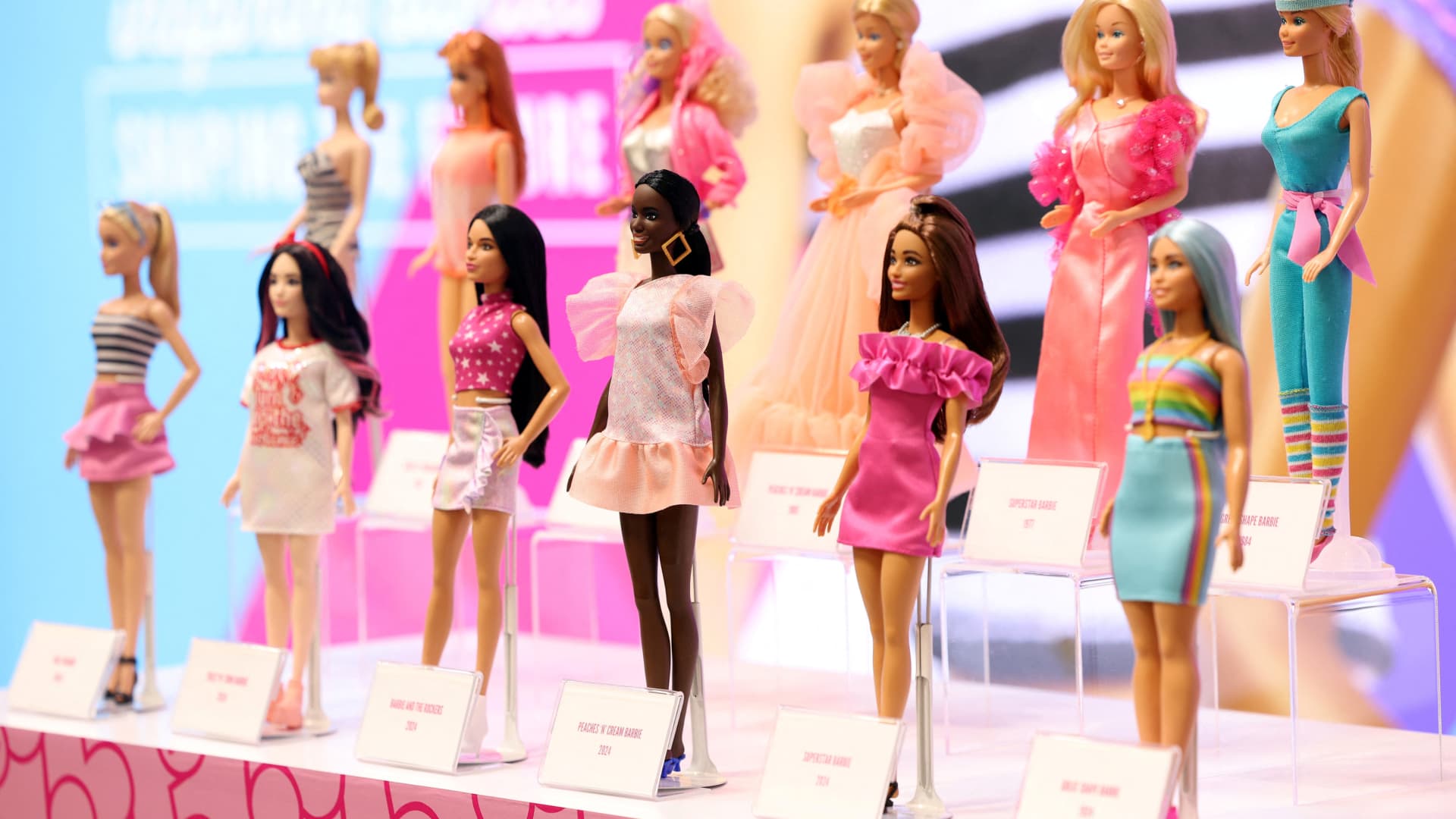Mattel’s Strategic Response to Tariffs and Global Manufacturing Shifts
The toy industry is on the cusp of significant changes, driven by geopolitical factors and strategic decisions by major players. Mattel, a titan in the toy manufacturing sector, is navigating these shifts with a blend of price adjustments, supply chain diversification, and a pivot towards entertainment. This report delves into Mattel’s strategic maneuvers in response to tariffs and the evolving global manufacturing landscape.
The Tariff Challenge
Impact of Tariffs on Mattel
Mattel, the maker of iconic brands like Barbie and Hot Wheels, has been significantly impacted by the tariffs imposed by the U.S. on Chinese imports. The company has been clear about its intention to raise prices in the U.S. to offset the financial burden of these tariffs. CEO Ynon Kreiz has stated that while the company does not foresee a return of toy manufacturing to America, price hikes are inevitable.
The tariffs, which include a 145% increase on certain goods, have forced Mattel to reconsider its pricing strategy. The company expects that even with these increases, 40% to 50% of its toys will still cost customers $20 or less. This pricing strategy is aimed at maintaining affordability while protecting the company’s margins.
Strategic Price Adjustments
Mattel’s approach to price increases is not arbitrary. The company has been strategic in its pricing, aiming to balance the need for profitability with the desire to keep toys affordable for consumers. The expected price hikes are a direct response to the tariffs, which have made it more expensive to import toys from China, a major manufacturing hub for the company.
The company’s diversified and flexible supply chain is seen as a clear advantage in this period of uncertainty. By spreading its manufacturing operations across multiple countries, Mattel can mitigate some of the risks associated with relying too heavily on any single market. This strategy allows the company to be more resilient in the face of tariffs and other geopolitical challenges.
Manufacturing Shifts and Supply Chain Diversification
Moving Beyond China
Mattel has been actively working to reduce its dependency on Chinese manufacturing. The company operates manufacturing facilities in seven countries and plans to decrease its reliance on China significantly. By 2025, China is expected to account for less than 40% of Mattel’s total toy production. This shift is part of a broader strategy to diversify the company’s supply chain and reduce its exposure to tariffs.
The company’s plans include closing a factory in China by the end of 2025 and expanding operations in other countries. This move is not just about avoiding tariffs but also about building a more resilient and flexible supply chain. By diversifying its manufacturing footprint, Mattel can better respond to changes in the global market and ensure a steady supply of toys to its customers.
The Role of Hollywood
In addition to diversifying its supply chain, Mattel is also leveraging Hollywood to drive growth. The company has been investing in film franchises based on its iconic brands, such as Barbie. This strategy is aimed at creating new revenue streams and enhancing the brand’s appeal to consumers. The success of films like Greta Gerwig’s “Barbie” has demonstrated the potential of this approach.
By shifting its focus to entertainment, Mattel is not only diversifying its revenue streams but also strengthening its brand. The company’s move into film franchises is a bold step that could pay significant dividends in the long run. This strategy is part of a broader effort to reposition Mattel as a company that goes beyond toys, embracing new opportunities in the entertainment industry.
The Future of Toy Manufacturing
The Unlikelihood of a U.S. Manufacturing Revival
Despite the tariffs, Mattel does not see a return of toy manufacturing to the U.S. as a viable option. The cost of labor and other factors make it difficult for toy manufacturers to operate profitably in the U.S. Instead, the company is focusing on optimizing its global supply chain and reducing its reliance on any single market.
The company’s strategy of diversifying its manufacturing operations is a pragmatic response to the challenges posed by tariffs. By spreading its operations across multiple countries, Mattel can better manage the risks associated with relying too heavily on any single market. This approach allows the company to be more resilient in the face of tariffs and other geopolitical challenges.
The Importance of Global Tariff Exemptions
Mattel’s CEO has argued for global tariff exemptions on toys, similar to those enjoyed by books. This argument is based on the idea that toys, like books, are essential items that should be accessible to all consumers, regardless of their location. The company’s call for zero tariffs on toys is part of a broader effort to make toys more affordable and accessible to consumers around the world.
The company’s advocacy for tariff exemptions is not just about protecting its own interests but also about promoting the broader goal of making toys more accessible to consumers. By advocating for zero tariffs on toys, Mattel is taking a leadership role in the industry and advocating for policies that could benefit consumers and the industry as a whole.
Conclusion: A Resilient and Adaptive Future
Embracing Change and Innovation
Mattel’s response to the challenges posed by tariffs and the evolving global manufacturing landscape is a testament to the company’s resilience and adaptability. By diversifying its supply chain, leveraging Hollywood, and advocating for global tariff exemptions, Mattel is positioning itself for success in an uncertain world.
The company’s strategic maneuvers are not just about navigating the immediate challenges posed by tariffs but also about building a more resilient and adaptable business model. By embracing change and innovation, Mattel is setting itself up for long-term success in an ever-changing global market.
A Call to Action for the Industry
Mattel’s approach to the challenges posed by tariffs and the evolving global manufacturing landscape offers valuable lessons for the broader toy industry. By diversifying supply chains, leveraging new opportunities in entertainment, and advocating for policies that promote accessibility and affordability, the industry can build a more resilient and adaptive future.
The company’s call for zero tariffs on toys is a powerful reminder of the importance of advocacy in promoting the broader goals of the industry. By working together, the industry can build a more resilient and adaptive future, one that benefits consumers and the industry as a whole.


